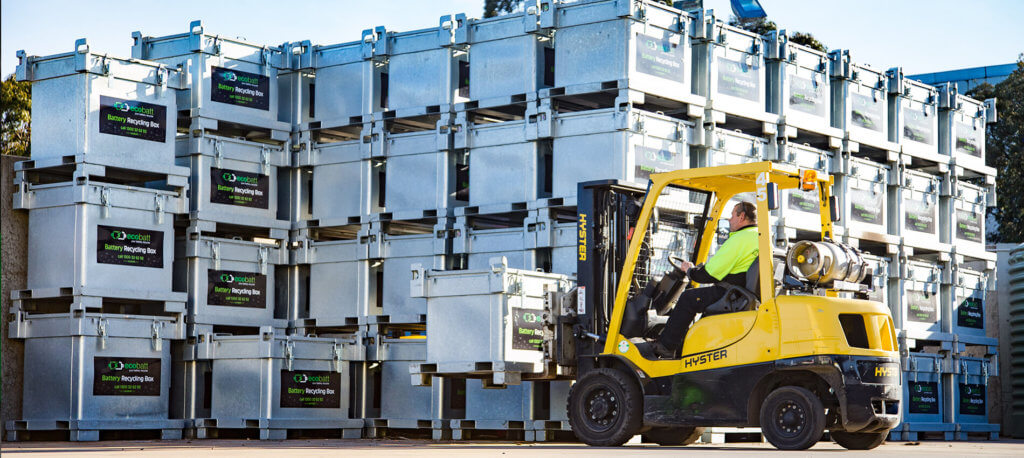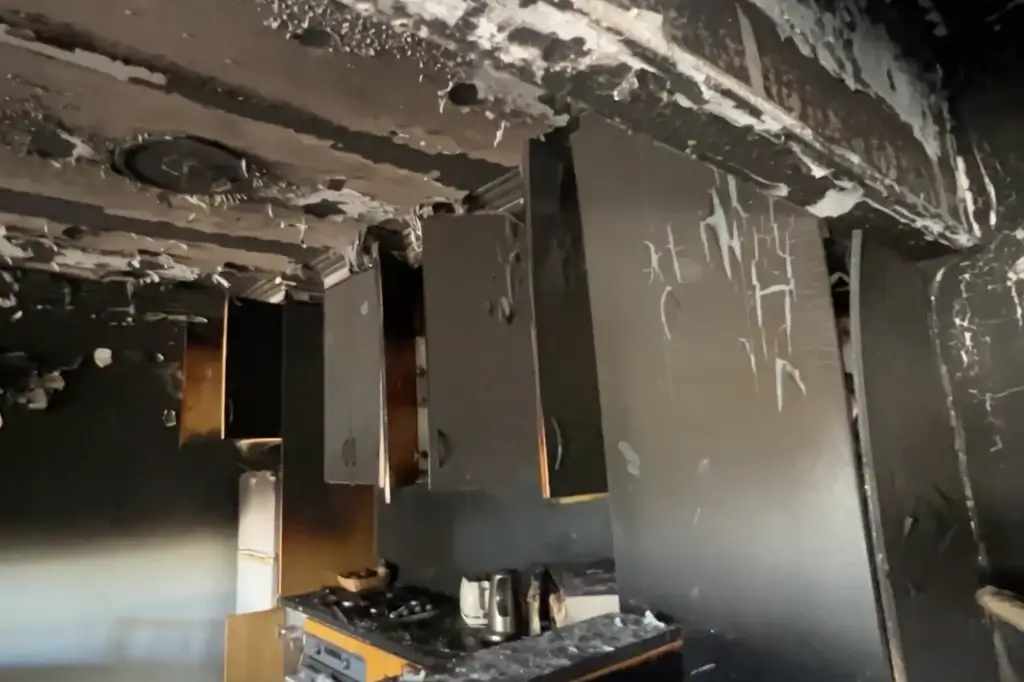Expired electric-car batteries are set to be a major problem from 2030. New research by the University of Technology Sydney has revealed 30,000 tonnes of used electric vehicle batteries will enter the waste stream in Australia by 2030; Just seven years from now. Their work commissioned by Battery Stewardship Council found that:
- There are an estimated 100,000 electric caars already on Australian roads
- By 2030 there will be 600,000 tonnes of batteries in electric cars sold in Australia
- In 2040 this number will grow to more than 2.5 million tonnes of batteries in electric cars sold in Australia
- For 2050 this number will grow to more than 4.1 million tonnes of batteries in electric cars sold in Australia
- By 2030 the number of expired electric-car batteries will grow to almost 30,000 tonnes per annum and by 2040 to more than 360,000 tonnes per annum
- In 2050 the volume of expired electric-car batteries entering the waste stream will have reached 1.6 million tonnes
BSC Concerned
Commenting on the challenges, Libby Chaplin, CEO of the Battery Stewardship Council, highlighted the increasing risks, “It is essential that this work starts now. While it is in its infancy. We must explore and establish the infrastructure needed to recover precious resources, and avoid the major property and public health issues of stockpiling and fires into the future”
Indeed, Firefighting authorities, noting overseas experience, are increasingly concerned by the problems caused by ‘thermal runaway’ from EV batteries. It should be noted that heat builds up in the cells, creating a chain reaction which can explode. Furthermore, the potential location of chargers in homes and in multi-level car parks will create new problems for engineers and fire fighters.
Besides, the most telling data is that if a combustion fuelled engine explodes it normally takes 1100-1400 litres of water to put it out. In the event that an EV battery explodes because of the extraordinary high temperatures, it takes an average of 30,000 litres to bring the fire under control. In addition, issues include collection of contaminated water as well as the potential safety problems for fire fighters attempting to control a fire. Given the Australian climate and the increasing number of electric cars on the road, the infrastructure problems are still to be faced.
Importantly, Ecobatt has invested in storage and recycling solutions for damaged batteries. Where vehicles are involved in an accident, or become damaged, Ecobatt have rescue containers that will store and safely transport the damaged vehicle. Above all, the container has a sophisticated fire suppression system to avoid the potential risks of a fire during transport.





